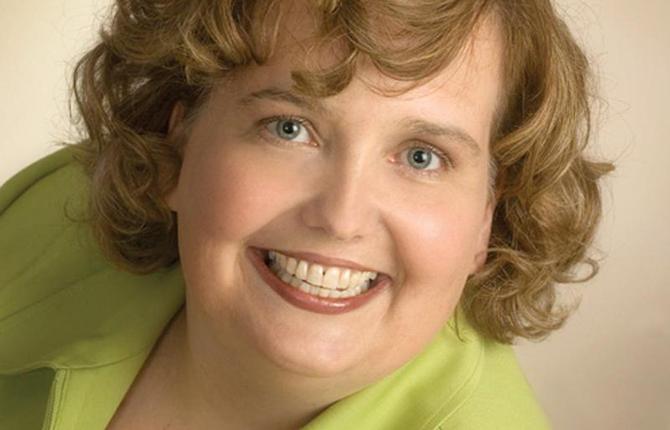
Dad Health
Becoming a father doesn’t just affect a new dad’s sex life and sleep patterns: it also affects his biochemistry in far-reaching ways – and he, in turn, affects his new baby’s biochemistry in equally powerful ways.
Researchers at Bar-Ilan University in Ramat-Gan, Israel, studied 80 couples and found that oxytocin levels rose in both new fathers and new mothers following the birth of a baby. These biochemical changes were reflected in measurable behavioural changes (as compared to single, childless people).
Dads with high levels of oxytocin were likely to play with their babies while moms were more likely to gaze at their babies, touch their babies, and talk to their babies in a sing-song voice.
This latest study builds on two earlier studies (conducted in 2000 and 2002 by researchers at Memorial University in Newfoundland and Queen’s University in Kingston).
The 2000 study revealed that an expectant father’s blood levels of prolactin (the hormone responsible for breast-milk production) rises by about 20 per cent during the three weeks before his partner gives birth; and that blood levels of the stress hormone cortisol levels rise to levels double what they were earlier in the pregnancy. At the same time, levels of testosterone – the hormone that underlies competitive, aggressive behavior – dips during the three weeks following the birth.
The 2002 study concluded that a father-to-be’s estrogen levels rise 30 days prior to the birth. (Estrogen increases the brain’s sensitivity to oxytocin, boosting nurturing behaviors.) Contact between partners allows for this biochemical meeting of minds – that pheromones (chemical substances) given off by the woman’s body as birth approaches would trigger the father-to-be that it’s time to start switching into daddy mode.
Ann Douglas is the author of numerous books including Sleep Solutions for Your Baby, Toddler, and Preschooler and Mealtime Solutions for Your Baby, Toddler, and Preschooler. You can read her blog at ParentCentral.ca





